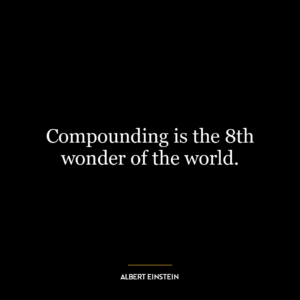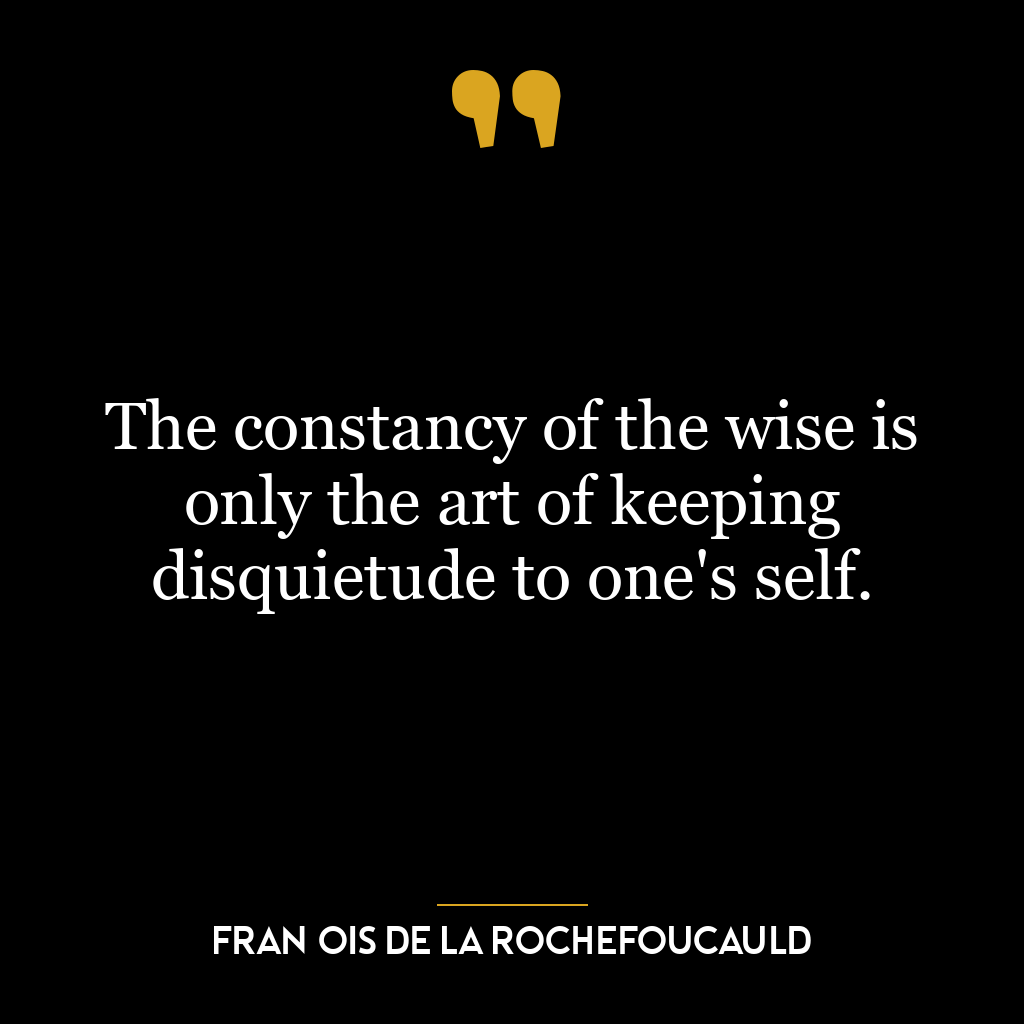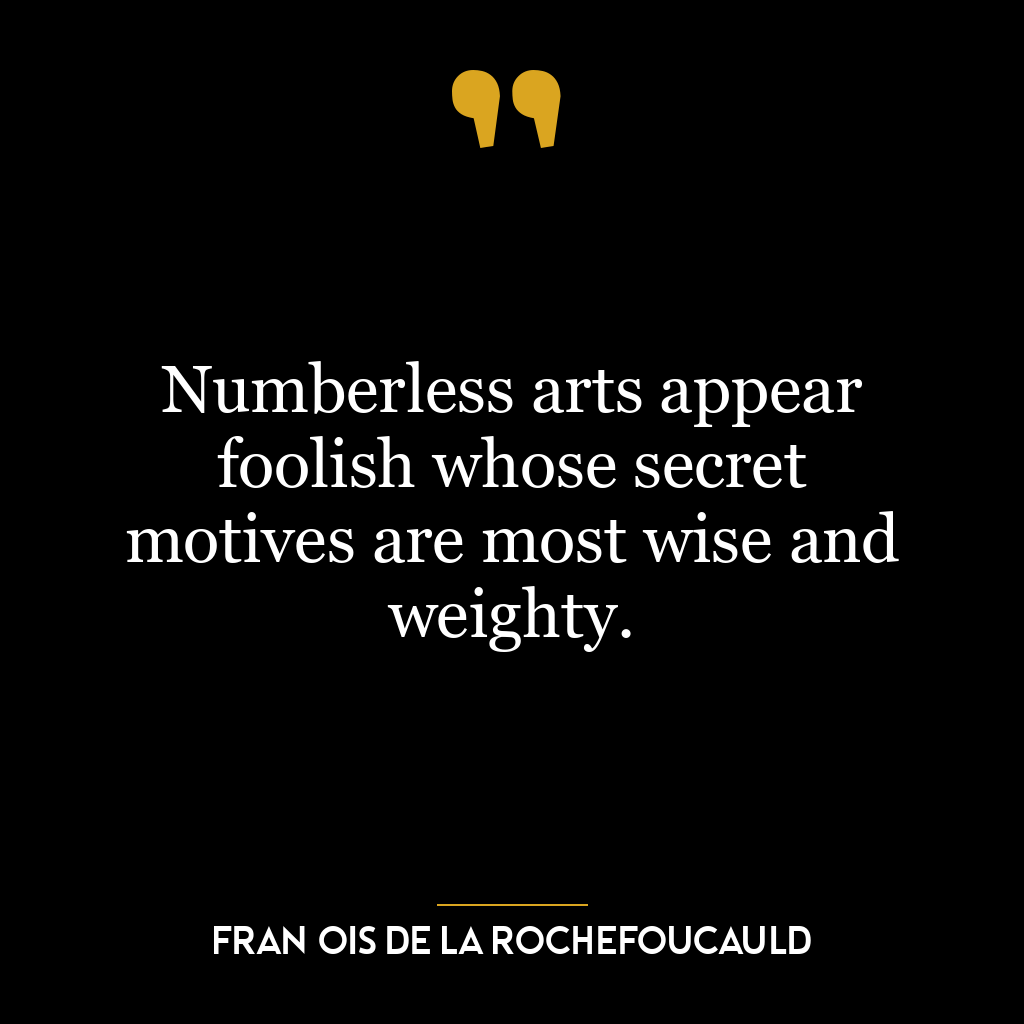This quote suggests that what we often refer to as ‘common sense’ is not an innate understanding of the world, but rather a collection of beliefs, assumptions, and biases that we acquire during our formative years, typically by the age of sixteen. During this period, we absorb a significant amount of information from our environment, including our family, school, and society. These early influences shape our perspective and understanding of the world, and become our ‘common sense’.
The term ‘prejudices’ here does not necessarily mean negative biases, but rather preconceived notions or beliefs about the world that we accept without questioning or analyzing. These are not always negative, but they can limit our perspective and understanding, and can lead us to make decisions or judgments based on unexamined assumptions.
In today’s world, this concept is particularly relevant. We live in an era of information overload, where we are constantly bombarded with news, opinions, and ideas. It can be challenging to critically evaluate all this information, and easy to accept ideas that align with our pre-existing beliefs or ‘common sense’. This can lead to confirmation bias, where we are more likely to accept information that confirms our existing beliefs and dismiss information that challenges them.
In terms of personal development, understanding this concept can help us become more open-minded and critical thinkers. By recognizing that our ‘common sense’ may be based on unexamined assumptions, we can strive to question our beliefs, seek out diverse perspectives, and make decisions based on evidence and critical thinking rather than preconceived notions. This can lead to personal growth, improved decision-making, and a more nuanced understanding of the world.











